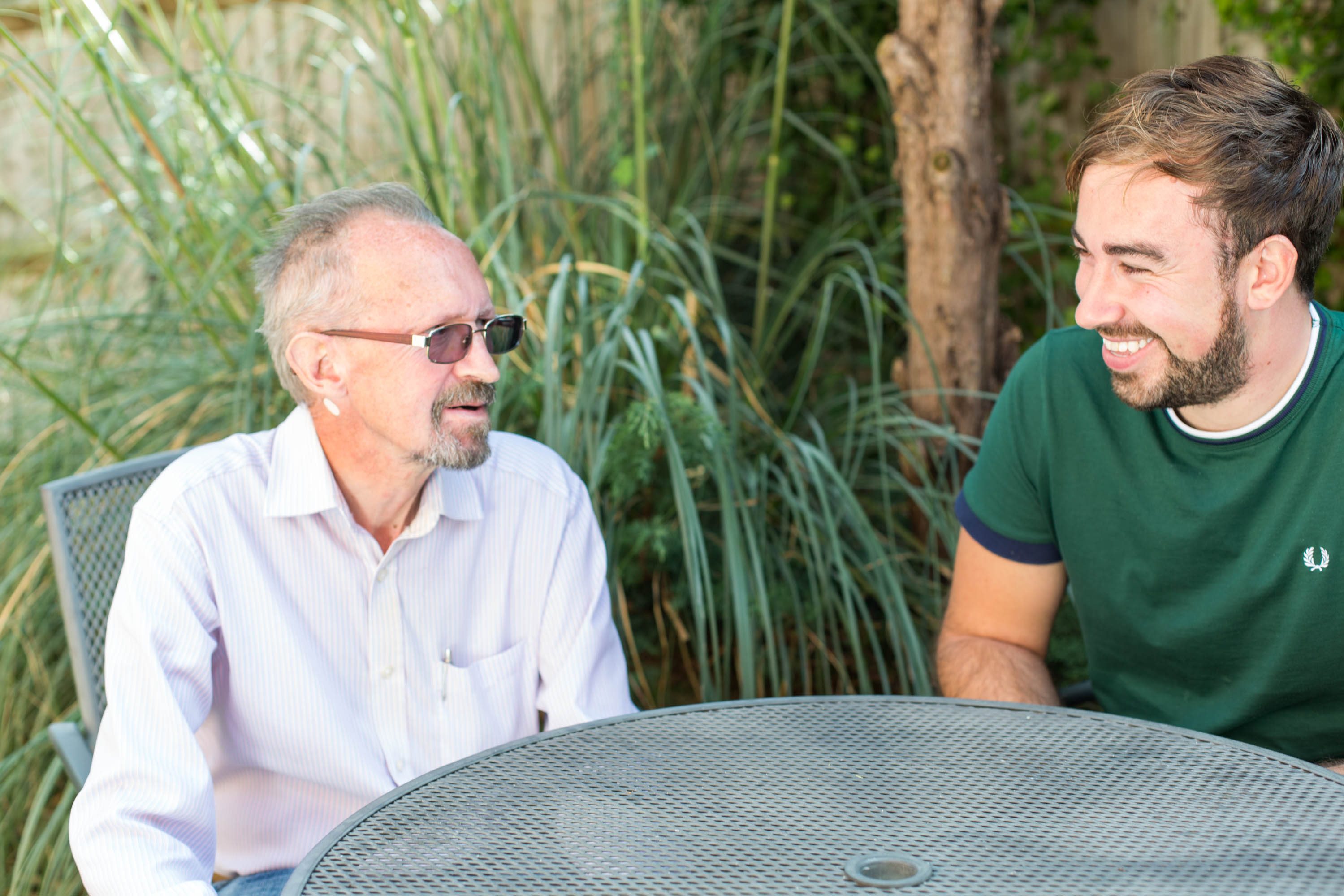This is a great way to improve both your physical and mental health. Join the gym, go for a long walk, go cycling or take up a sport.
Our approach
Mental health

When you’re struggling with your mental health, it can be hard to self-manage without some support and encouragement.
We focus our work on your recovery journey. For some people this can be about being well again, for others it can be understanding more about how to manage problems related to their health and lifestyle.
Forensic mental health support
We provide recovery-based support within two forensic mental health homes in Kent and Hampshire. We work with the tenants to develop support that promotes long-term independence. We encourage tenants to meet personal, psychological, social, vocational and clinical outcomes.
We work with the mental health trust to provide rapid responses to issues around substance use, criminal justice issues and risk factors associated with mental health relapse.
We work in partnership with organisations such as community mental health teams, GPs, forensic teams, psychiatrists and rehabilitation and recovery teams.
You will have a personalised support plan that is centred on you and reviewed regularly. Your plan is dynamic, changing all the time based on your needs and the outcomes you wish to achieve. Your support plan may also include a wellness recovery action plan to help you work out what makes you mentally well and cope with everyday life.
Our goal is to help you be the person you want to be, whether it’s to live on your own, cook safely, go out more, have a relationship or find work.
Recovery tools, like the Recovery Star and WRAP, can be used to support and measure change.
Recovery Star
The Recovery Star can be used by people to track their own progress. It’s a tool to help people think about where they are on their recovery path and the progress they are making.
Wellness Recovery Action Plan (WRAP)
WRAP is a tool to help people work out what makes them well and what helps them cope with everyday life.
We encourage peer support to promote self-management and a network of people who share similar experiences.
Help to manage your mental wellbeing by following the five ways to wellbeing.
Be active
Keep learning
Learning new things can make you feel more confident about yourself, as well as being fun to do. Read more, watch documentaries, visit a museum, learn to play a musical instrument or do a course.
Connect
Building connections with the people around you will support and enrich you every day. Say hello to your neighbours, spend time with your family, join a group or connect with people through your faith.
Take notice
Reflect on the good things around you and take time out to manage your stress and recharge your batteries. Sometimes we just don’t stop. But it’s important to find the time to sit back and relax.
Give
Volunteering can be time well spent and it’s a great way to meet new people, learn new skills and gain some useful experience. Giving to others can also be rewarding and make you feel good. Simple acts of kindness, like helping out a friend can make a real difference.






